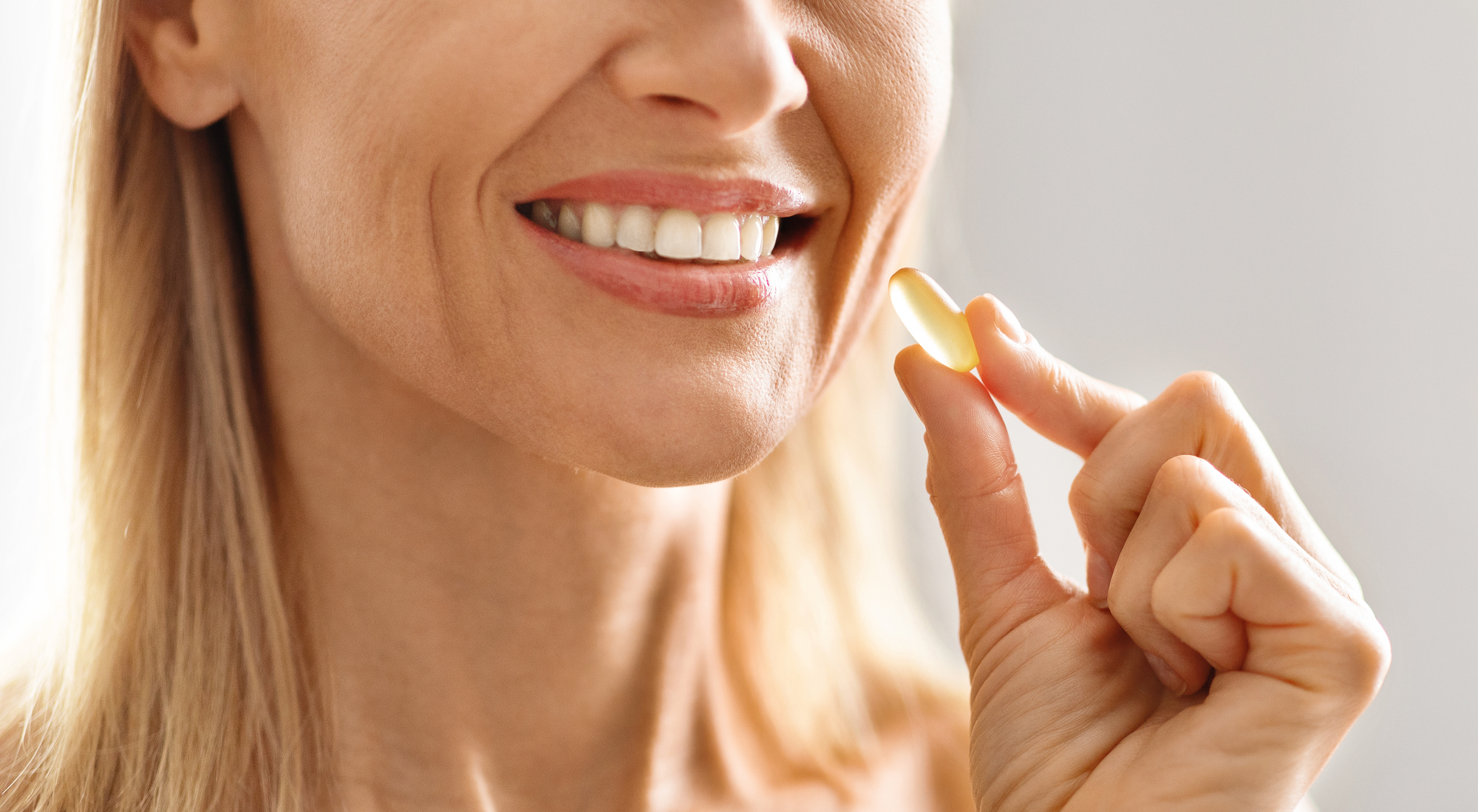It is a time in the life of any woman where she needs to pay more attention to her health.
During menopause, the body changes and so do its needs.
“Hormonal changes, especially the decrease in estrogen, can affect the way the body absorbs and uses certain nutrients”says Dr. Tara Scott, MD, obstetrician-gynecologist.
There may also be changes in metabolism, which means that nutritious foods are essential to maintain health. “Both hormonal changes and stress can affect the balance of the microbiome in the gut, and inflammation in the gut can affect nutrient absorption, which affects needs”complete the doctor.
An essential vitamin for all menopausal women
Changes in metabolism, bone density and cardiovascular health affect the nutritional needs of postmenopausal women. There are certain nutrients that may require more attention due to these physiological changes. Doctors recommend paying more attention to vitamin B12, magnesium and, especially, vitamin D.
“I urge my menopausal patients to take vitamin D. This nutrient is essential for calcium absorption and bone health, which is especially important as the risk of osteoporosis increases after menopause. “Vitamin D is essential for bone health, as it helps the body absorb calcium more efficiently, reducing the risk of osteoporosis – a concern that becomes more prominent after menopause,” explains gynecologist Dr Scott .
As well as being essential for maintaining strong bones, Dr Scott says vitamin D plays a role in immune function, reducing inflammation and even supporting mental health. It should also be noted that many women lack magnesium, without which, vitamin D cannot be metabolized in its active forms, which are necessary to provide benefits to the body.
The recommended daily amount of vitamin D for postmenopausal women is 600 IU for people under the age of 70 and 800 international units for those over 70. The main form of vitamin D is sunlight, and to get enough you need 15 minutes of sunlight three or four times a week.
“Foods such as fatty fish and eggs are good sources of vitamin D, but many women need supplements, especially if sunlight is limited,” said Dr Scott.
Vitamin D isn’t just beneficial for bones. Five amazing effects it has on your body
And vitamin B12 is important during menopause
Gynecologist Dr Robin Noble explains that both vitamin D and vitamin B12 are essential during menopause to help women maintain energy levels, cognitive function and strong bones. Vitamin B12 is important for maintaining nerve function, producing red blood cells and synthesizing DNA.
“A deficiency in B12 can lead to fatigue, memory problems and even nerve damage,” says Dr. Noble.
Postmenopausal women should assimilate 2.4 micrograms of vitamin B12 per day.
Fish, meat, eggs, poultry and dairy products contain vitamin B12. Vitamin B12 supplementation is recommended for vegetarian or vegan women.
It’s the only vegetarian food that contains vitamin B12 – it slows down aging and helps with memory
So, if you have reached menopause or are preparing for this new stage in your life, talk to your gynecologist about nutrition, supplements and vitamins. Make sure you do your tests regularly, especially monitoring the level of vitamin D, B12 and magnesium, to make sure that your body is working according to the best parameters.
2024-11-02 06:07:00
#Gynecologist #urge #menopausal #patients #vitamin #Andreea #Raicu


